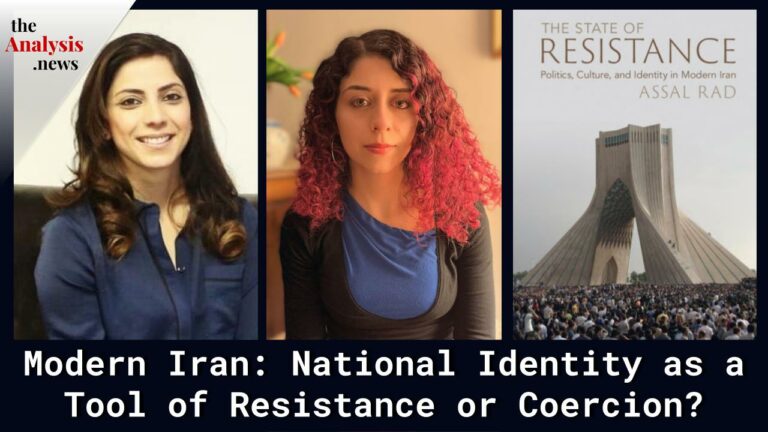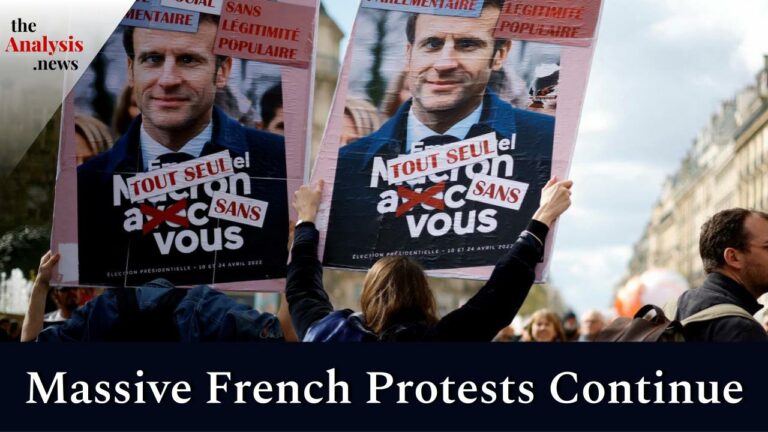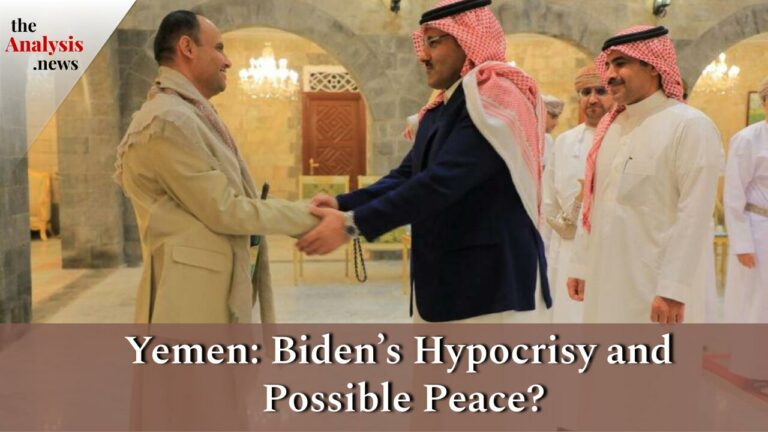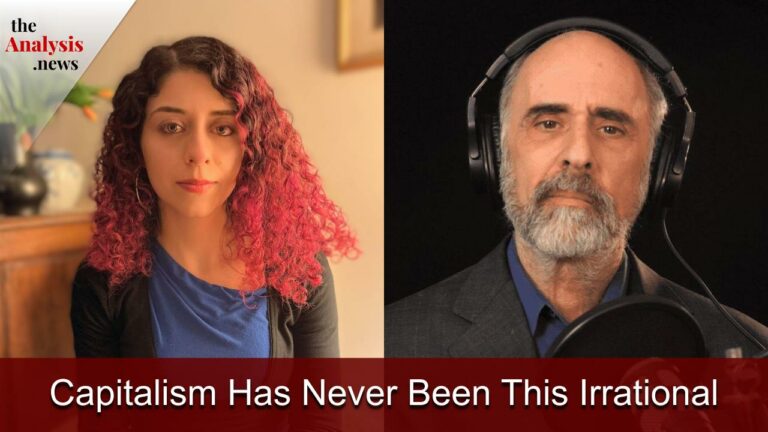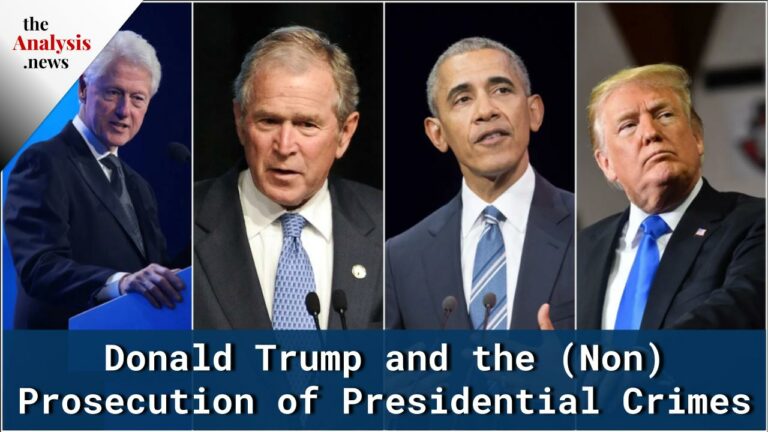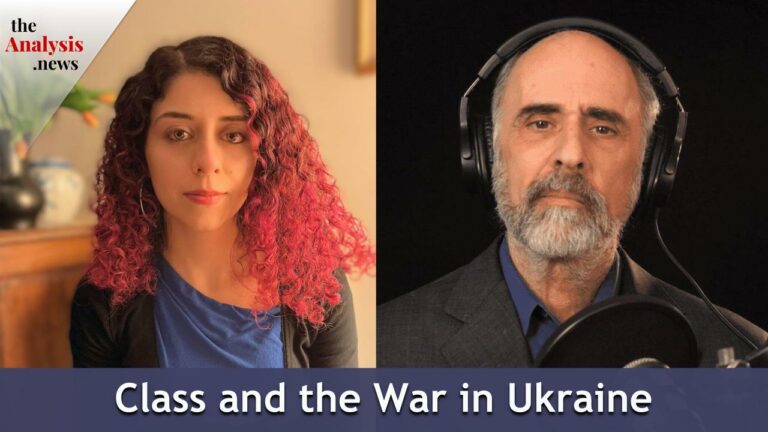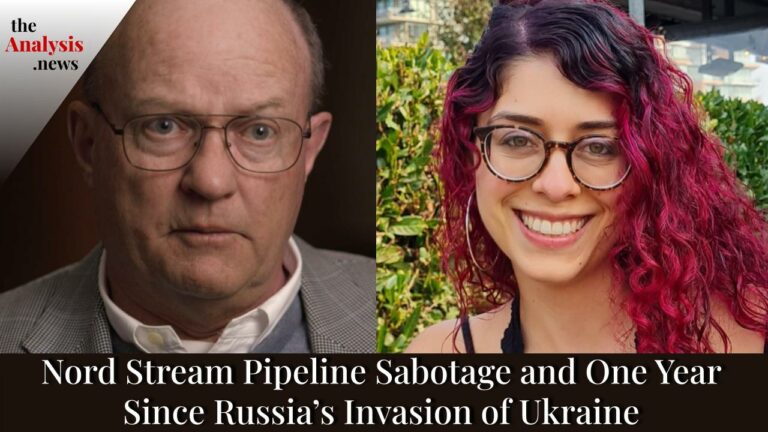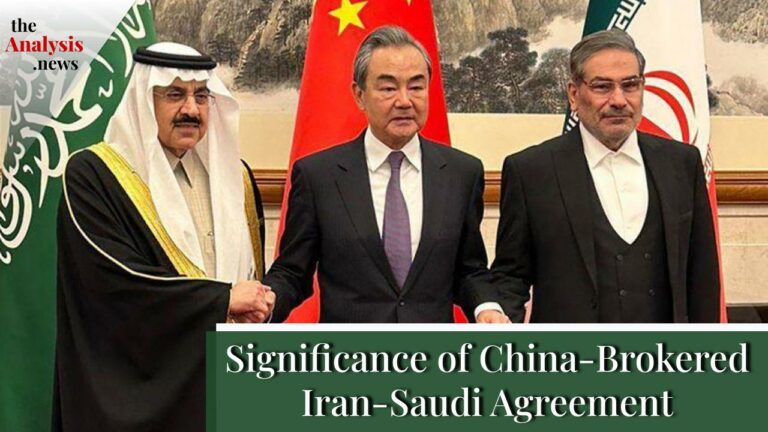Modern Iran: National Identity as a Tool of Resistance or Coercion?
Historian, Assal Rad, explores identity formation in modern Iran, both under the Pahlavi dynasty as well as after the 1979 Revolution under the Islamic Republic. Her book “State of Resistance: Politics, Culture, and Identity in Modern Iran” examines top-down and bottom-up manifestations of national identity as narrated by state structures and popular culture, respectively. Her fascinating analysis is based on a historical assessment of how modern state-building in Iran inculcated a sense of national belonging in the population, as well as on interviews with people in Tehran and examples taken from popular music and film. Can national identity play a positive role in liberation struggles?
